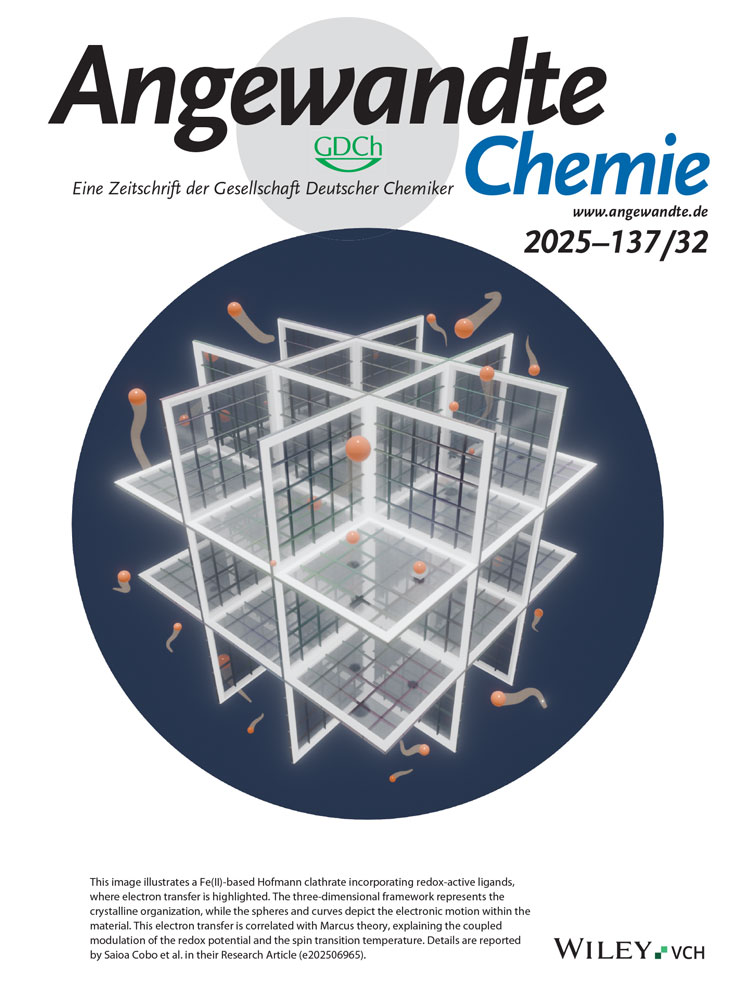Die pH-abhängige Erzeugung reaktiver Radikale – neue Methoden zur Tumorbekämpfung†**
Wir danken Dr. L. Bubnovskaya, Dr. I. Ganusevich, Dr. Yu. Istomin, Dr. E. Mironov, Dr. V. Roginsky und Dr. M. Tsikalova für ihre Hilfe sowie Prof. R. Yakubovskaya für wertvolle Diskussionen. Diese Arbeit wurde von der Moskauer Stadtverwaltung, von INTAS und von der Russischen Stiftung für Grundlagenforschung unterstützt.
Abstract
Organocobalt(III)-Chelatkomplexe mit einer dreizähnigen Schiffschen Base als Ligand, vor allem 1, wurden erfolgreich als Vorläufer für freie Radikale in schwach saurer Lösung (pH 5–7) eingesetzt. Sie weisen daher eine gewisse Antitumorwirkung auf und zeigten sich als effektive Modulatoren bekannter Krebstherapeutica.





